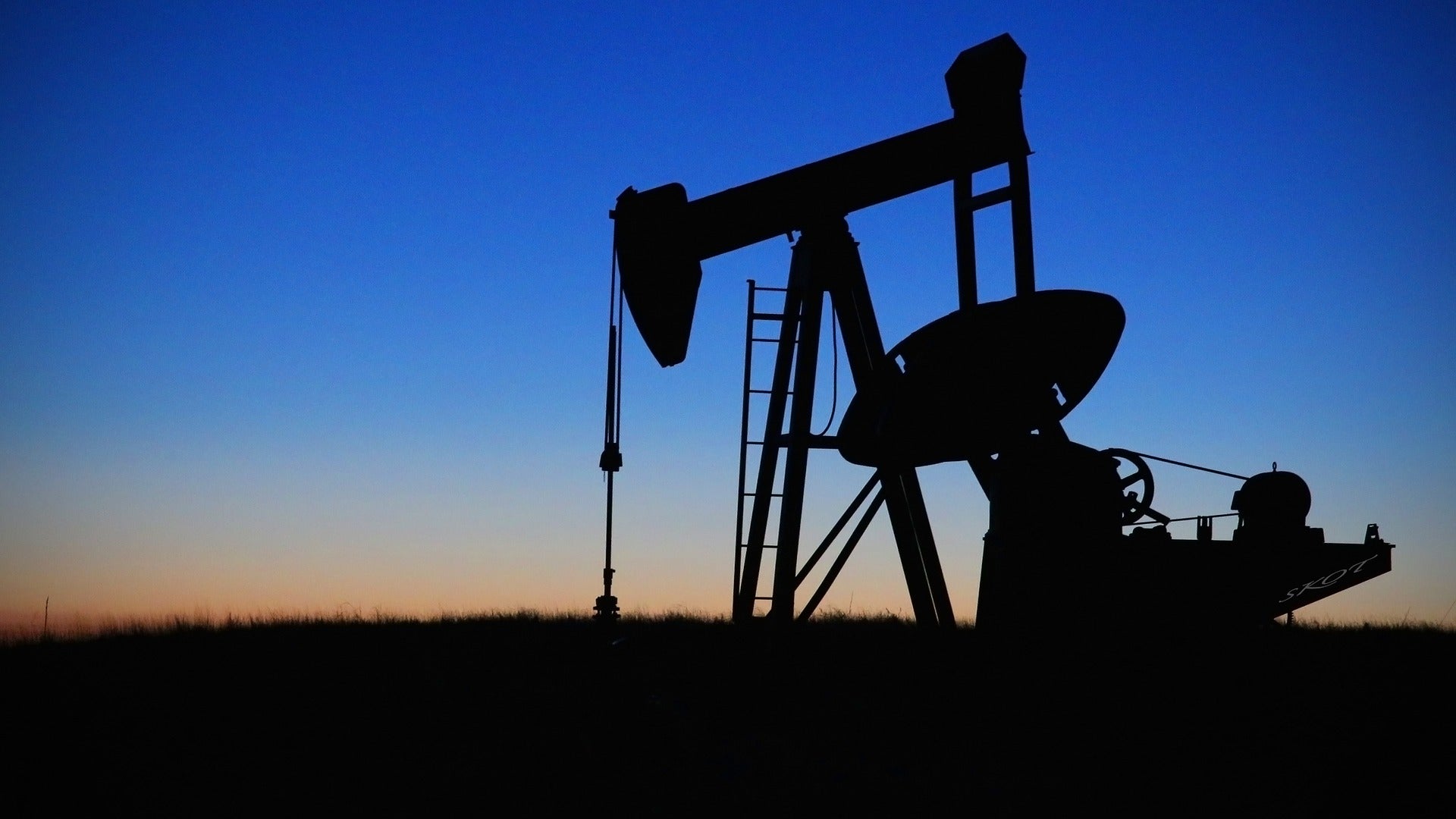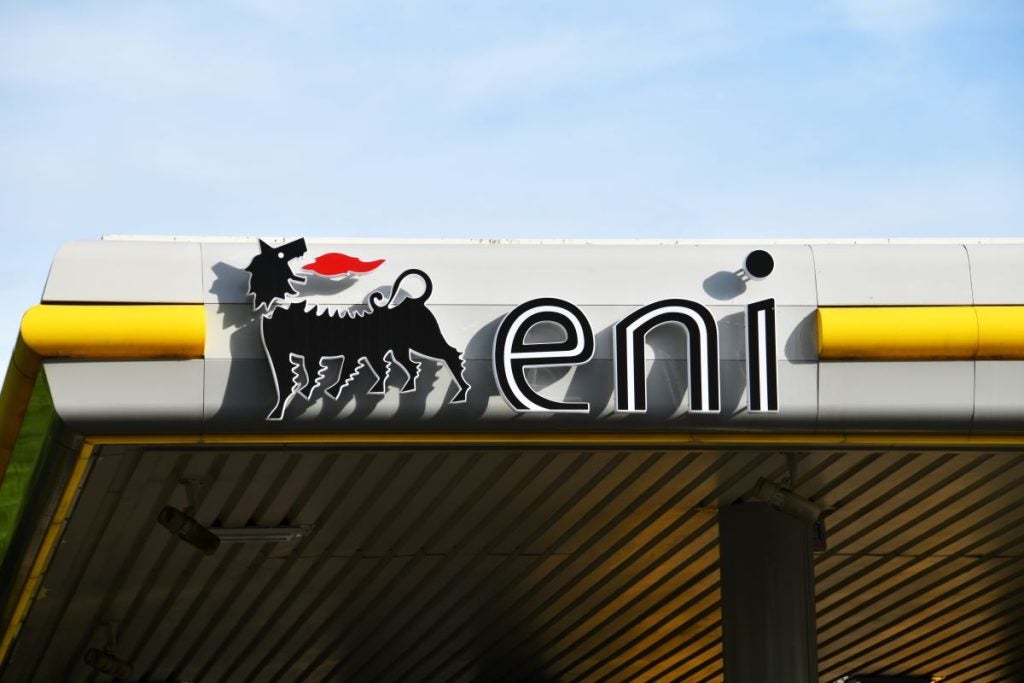
French oil giant TotalEnergies’ planned oil pipeline through East Africa will devastate local livelihoods and exacerbate the global climate crisis, according to a report published on Monday by NGO Human Rights Watch.
The report, titled “Our Trust is Broken”, is based on over 90 interviews with local people living in Uganda, including 75 families already displaced by the land acquisition activities for TotalEnergies’ East African Crude Oil Pipeline (EACOP).
It found that further development of Uganda’s Lake Albert oilfields, from which the pipeline will run, would ultimately displace more than 100,000 people. Although the company has already compensated 90% of those expected to lose land due to the project, years-long delays and insufficient repayments will mean that local communities continue to suffer.
“They come here promising us everything,” a resident said. “We believed them. Now we are landless, the compensation money is gone, what fields we have left are flooded, and dust fills the air.”
Impacts of these delays have been compounded further by unclear communications regarding conditions for farmers, particularly relating to whether they can continue to use land to harvest coffee, bananas, and other crops in interim periods, the report states. As a result, the land acquisition process for the oil project has caused “severe financial hardships” for thousands of Ugandan farmers. This includes heavy household debts, food insecurity, and an inability to pay school fees, causing children to drop out of school, interviews with residents revealed.
“EACOP has been a disaster for the tens of thousands who have lost the land that provided food for their families and an income to send their children to school, and who received too little compensation from TotalEnergies,” said Felix Horne, senior environment researcher at Human Rights Watch. “EACOP is also a disaster for the planet and the project should not be completed,” he added.
How well do you really know your competitors?
Access the most comprehensive Company Profiles on the market, powered by GlobalData. Save hours of research. Gain competitive edge.

Thank you!
Your download email will arrive shortly
Not ready to buy yet? Download a free sample
We are confident about the unique quality of our Company Profiles. However, we want you to make the most beneficial decision for your business, so we offer a free sample that you can download by submitting the below form
By GlobalDataOn top of negative social impacts, the construction and operation of the TotalEnergies project poses “significant” environmental risks, according to a 109-page assessment of the human rights impacts of the project by Oxfam.
In a letter sent to Human Rights Watch in June, TotalEnergies said that it “continues to pay close attention to respecting the rights of the communities concerned.” It also outlined the measured taken to determine compensation rates in a manner that it deems in line with the requirements of International Finance Corporation standards.
Human Rights Watch argues that “while the project still searches for the necessary financing, TotalEnergies and its subsidiaries should increase the amount of compensation and livelihood restoration efforts to be consistent with human rights standards”.
For years the company’s operations in East Africa have faced legal challenges. At the end of June, five groups of activists sued TotalEnergies in a Paris civil court over the companies’ EACOP development. In 2019, six NGOs brought TotalEnergies to court to force the company to cease its activities in Uganda.







